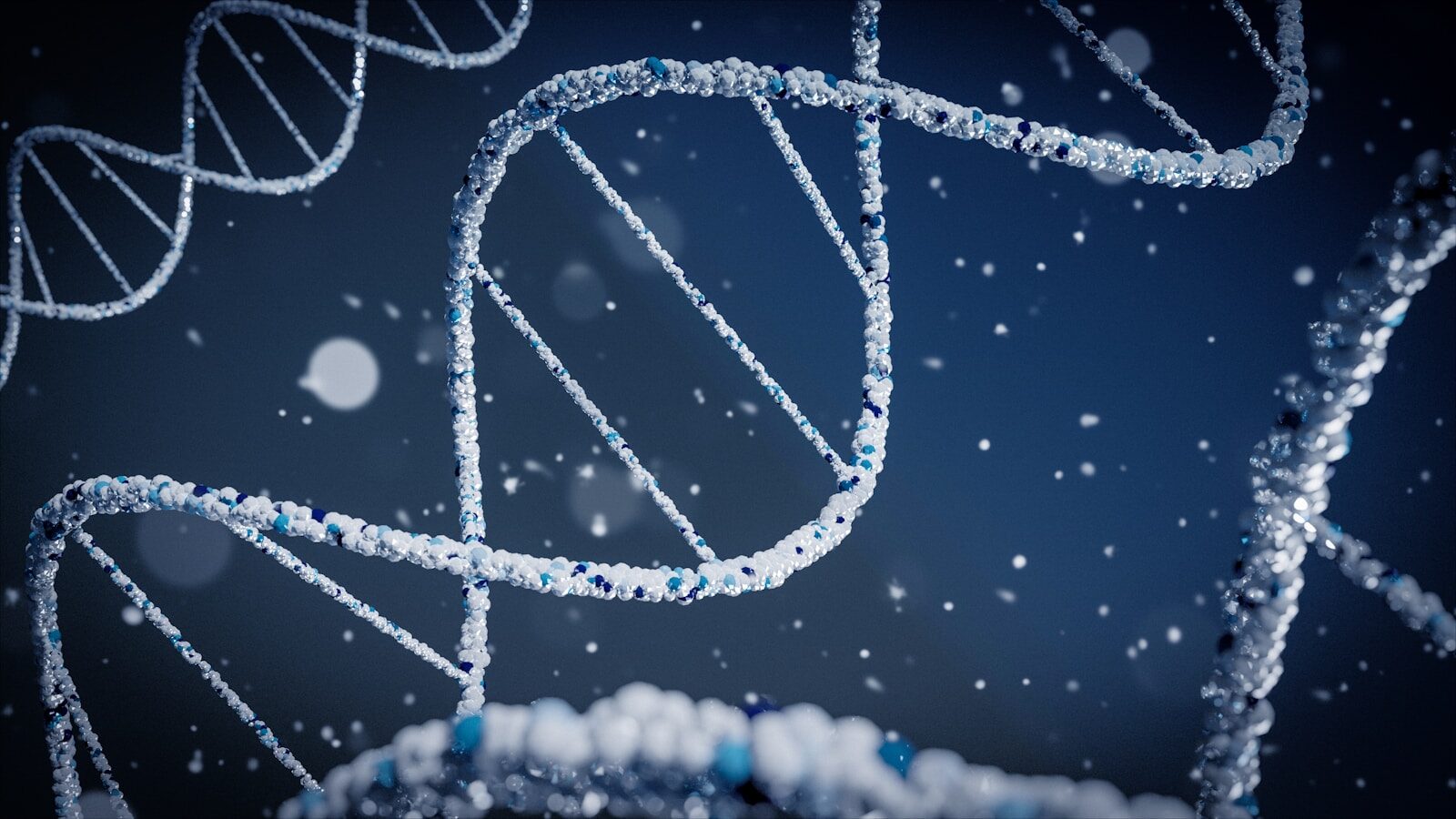Intracytoplasmic sperm injection, or ICSI, is one of the options for couples struggling to conceive naturally, particularly when the infertility is caused by male factor infertility. For couples that have had previously failed IVF treatment, it is important that the malefactor is investigated to assess the sperm quality and ensure that you, as a couple, are giving yourselves the best chance of success.
Many couples have ICSI believing that the best sperm can be selected by the person performing the ICSI but this is not the case as embryologists are not currently able to select sperm based on their genetic make up but only on the appearance of the sperm and this does not always indicate sperm quality.
This is why it is important to see a urologist first to assess and improve your sperm quality before ICSI is carried out in this way you increase the chances of the “best” sperm being selected.
Here are some things you need to know about ICSI.
Who is recommended for intracytoplasmic sperm injection?
- Men with low sperm count
- Sperm with an abnormal shape
- Sperm with abnormal mobility
- Previously failed IVF treatment
- Sperm that needs to be surgically collected (this could be related to injury, disease or a vasectomy etc)
- Using frozen sperm that is of a low quality
If you have struggled with fertility but know that there is not a male factor contribution, ICSI is not recommended for you, as unfortunately it is unlikely to be successful.
is not recommended for you, as unfortunately it is unlikely to be successful.
The success rate of having a fertilised egg after intracytoplasmic sperm injection is very high when high quality, motile sperm are used. It is important that other factors such as age and possible fertility problems with the woman are assessed beforehand to help increase the rate of intracytoplasmic sperm injection leading to a successful pregnancy.
How is intracytoplasmic sperm injection done?
Intracytoplasmic sperm injection is done in a very similar way to IVF, the eggs are harvested and a sperm sample is taken. The only difference is that the sperm is injected into the egg by a skilled embryologist, rather than left to naturally fertilise. This helps to increase the chances of the egg fertilising as there is no chance of the sperm not getting into the egg.
If you are considering have intracytoplasmic sperm injection treatment or wanted to find out more please contact our team 01753 891118 or email claire@fertility-solutions.net.





